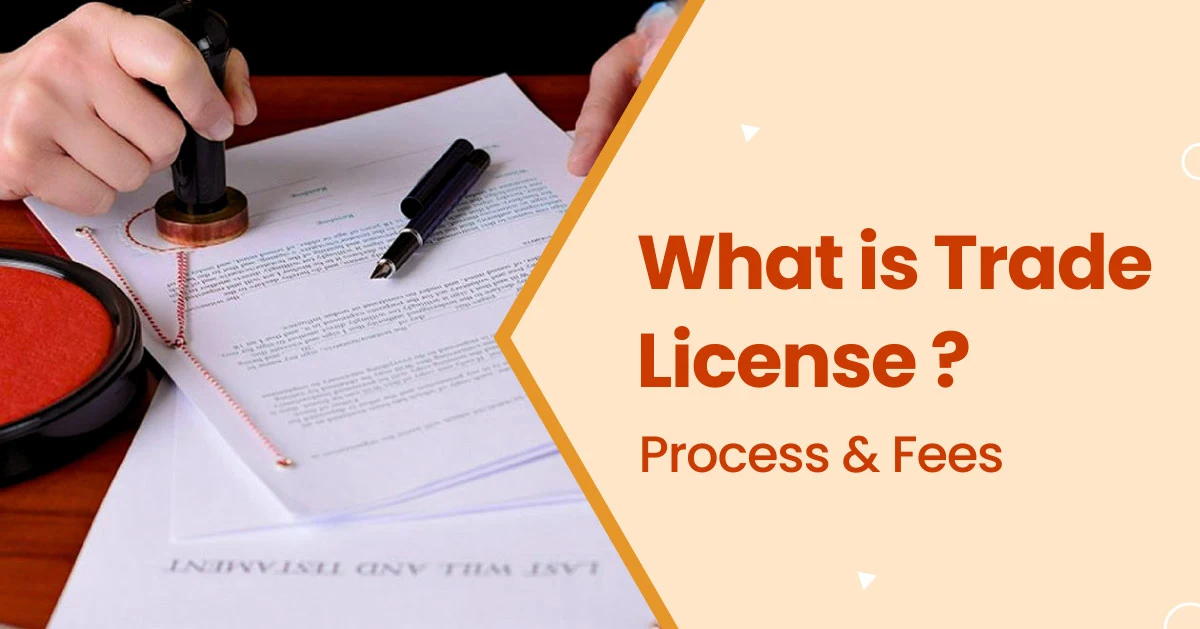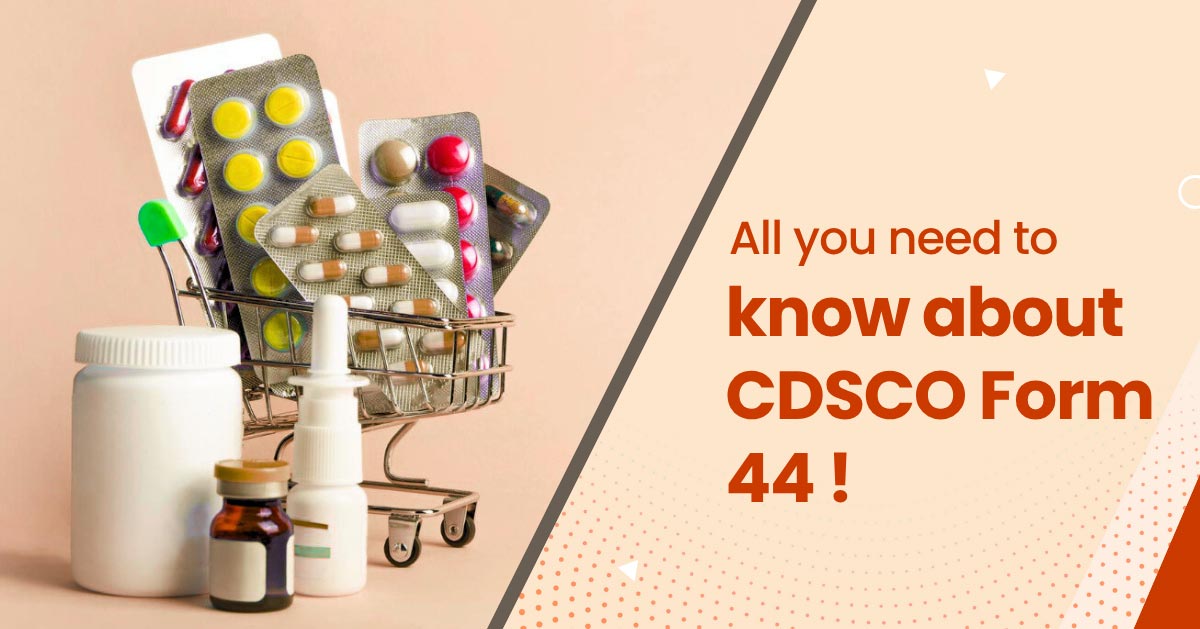An AYUSH license is an official document issued by the Indian government's Ministry of AYUSH. It covers products and practices from Ayurveda, Yoga, Naturopathy, Unani, Siddha, and Homeopathy. This license is mandatory for any business in India that wants to produce, sell, or promote traditional medicines. It applies to all types of businesses, from large manufacturers to small clinics and shops.
India’s traditional medicine sector is experiencing rapid growth, creating new opportunities for entrepreneurs. According to a report by PIB Delhi, the AYUSH market expanded from US$2.85 billion in 2014 to US$43.4 billion in 2023. If you want to make or sell Ayurvedic, Unani, Siddha, or Homeopathic products, having the right license is essential. This license is your key to legally entering this trusted wellness market. It shows regulators and customers that your products are safe, effective, and meet all legal standards.
The Drugs and Cosmetics Act of 1940 governs the rules for obtaining an AYUSH license. This law ensures that all AYUSH products released into the market are safe, effective, and properly labeled. Without this license, businesses cannot legally operate in the traditional medicine sector in India.
The Drugs and Cosmetics Act, 1940
The Drugs and Cosmetics Act, 1940, is India's main law for controlling drugs and cosmetics. It covers everything from importing to selling these products.
What Does the Act Cover?
- Originally, the Act covered only allopathic (modern) medicines but was later expanded to include AYUSH products.
How Does the Act Ensure Safety?
- Licensing: Businesses must get a valid license before making or selling any AYUSH products.
- Approved Ingredients: Only approved ingredients can be used. These must be listed in official texts by the Ministry of AYUSH.
- Labeling and Packaging: Products need to have batch numbers, expiry dates, and usage instructions.
- GMP Compliance: Manufacturers must follow Good Manufacturing Practices (GMP) to keep the products clean and safe.
Penalties for Breaking the Rules
If a business doesn’t follow the Act, it could face:
- Product Seizure: Authorities may take the products away.
- Fines: Businesses can be fined up to ₹100,000 or more.
- Imprisonment: Serious offenses, like selling fake or mislabeled drugs, could lead to up to 3 years in prison.











